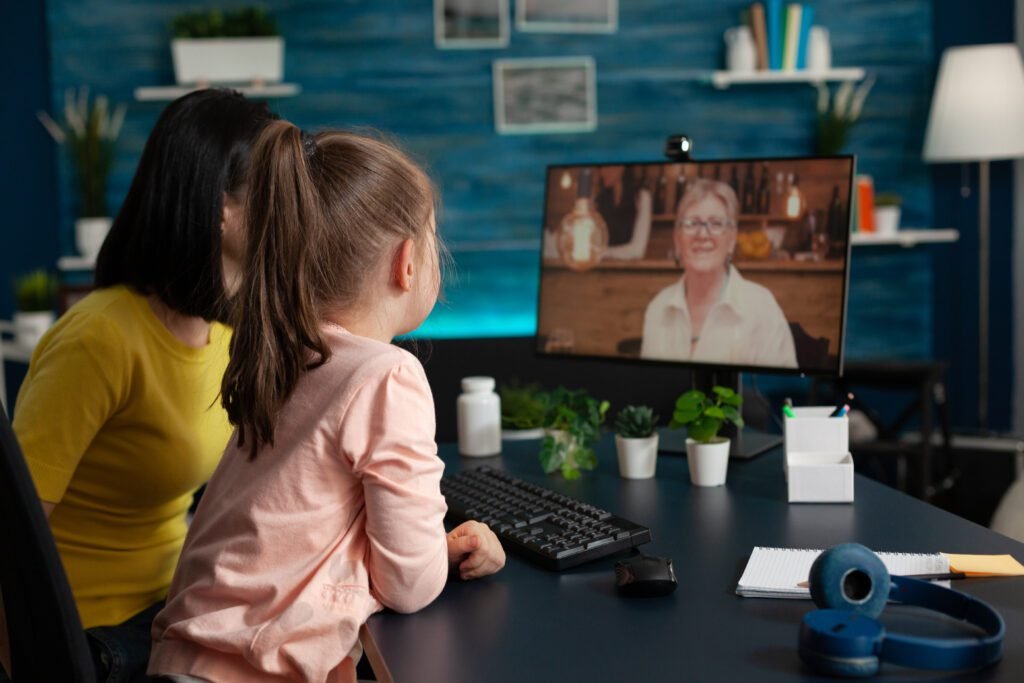When parents decide to separate or divorce, one of the most difficult moments is figuring out how to tell the children. The way this conversation is handled can have a lasting impact on how your child processes the news and adjusts to the changes ahead. It’s not about being perfect, but rather about being intentional, honest, and emotionally available. Below are some helpful Do’s and Don’ts to guide you through this important discussion.
Do:
- Talk to kids together with both parents
- Use direct language like “divorce” or “breaking up”
- Validate that this may feel hard, sad, and confusing
- Allow for silence as they process or react
- Give simple generalized explanations to why questions, i.e. “grown up problems”
- Remind kids that they are loved
- Tell them it’s not their fault
- Give them intro information about who is moving out and when
- Show emotion, it’s okay for parents to cry
- Ask if they have any friends whose parents are divorced
- Ask how they are feeling
- Use physical affection
- Provide space if your child needs it
- Provide answers to questions you have answers to regarding logistics
Don’t:
- Talk to kids without both parents present
- Say “separating” unless the split may be temporary
- Try to turn sad feelings into happiness
- Talk too much, too fast, or for too long
- Identify one parent as the reason for the split, placing blame and fault
- Tell kids that parents still love each other (it’s confusing during this particular conversation)
- Argue or debate with each other while talking to the kids
- Make it about you, the adults
- Deliver a stone cold message with no empathy
- Force kids to talk if they want to remain silent
- Force kids to remain in the conversation if they are done talking and want to walk away
- Be too worried if kids cry or scream
- Be too worried if they don’t cry
- Provide guesses to questions you can’t yet answer about logistics just say that you don’t know yet
Oops! What if we already did a bunch of the don’t list?
Forgive yourselves and commit to using better approaches moving forward.
At Amy Brown Counseling, we support families through all phases of transition, including separation and divorce. If you need help navigating difficult conversations or supporting your child’s emotional needs, our team of experienced virtual therapists is here for you. We serve families across Missouri and provide online therapy for children age 7 and up, as well as teens, parents, and adults. Fill out our new client inquiry form and we’ll contact you.



